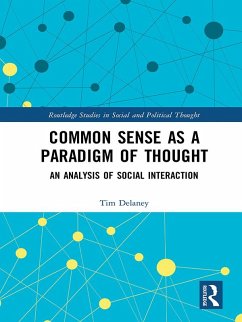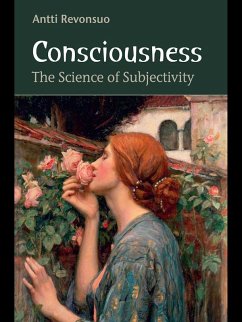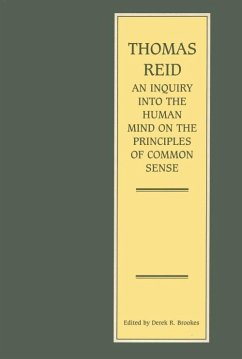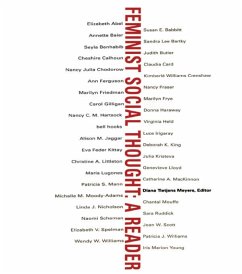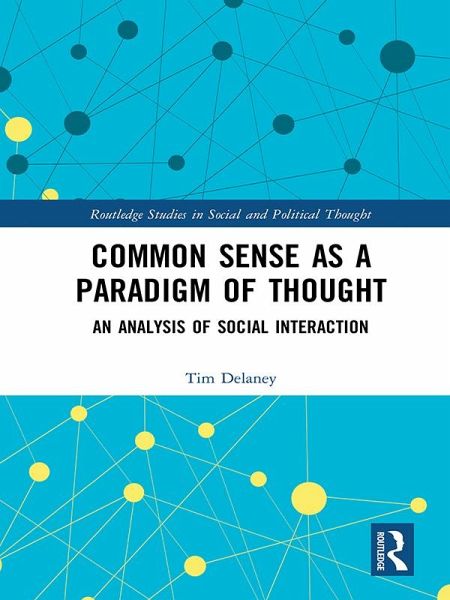
Common Sense as a Paradigm of Thought (eBook, PDF)
An Analysis of Social Interaction
Versandkostenfrei!
Sofort per Download lieferbar
43,95 €
inkl. MwSt.
Weitere Ausgaben:

PAYBACK Punkte
22 °P sammeln!
The notion of common sense and abiding by its implications is something that, seemingly, everyone agrees is a good way of making behavioral decisions and conducting one's daily activities. This holds true whether one is a liberal, moderate, or conservative; young or old; and regardless of one's race and ethnicity, gender, or sexual orientation. If utilizing common sense is such a good idea, why then, do so many people seem to violate it? This is just one of many significant questions surrounding the idea of common sense explored and discussed in this book.This volume presents common sense as a...
The notion of common sense and abiding by its implications is something that, seemingly, everyone agrees is a good way of making behavioral decisions and conducting one's daily activities. This holds true whether one is a liberal, moderate, or conservative; young or old; and regardless of one's race and ethnicity, gender, or sexual orientation. If utilizing common sense is such a good idea, why then, do so many people seem to violate it? This is just one of many significant questions surrounding the idea of common sense explored and discussed in this book.
This volume presents common sense as a 'paradigm of thought' and as such, compares it to other major categories of thought - tradition, faith, enlightened and rational. Combining a balance of practical, everyday approaches (through the use of popular culture references and featured boxes) and academic analysis of core and conceptual methodological issues, Delaney demonstrates:
Common Sense as a Paradigm of Thought introduces readers to a rich variety of sociological authors and will appeal to students and researchers interested in fields such as: sociology, philosophy, social psychology, cultural studies, communications and health studies.
This volume presents common sense as a 'paradigm of thought' and as such, compares it to other major categories of thought - tradition, faith, enlightened and rational. Combining a balance of practical, everyday approaches (through the use of popular culture references and featured boxes) and academic analysis of core and conceptual methodological issues, Delaney demonstrates:
- The limitations of common sense and its place in everyday social interactions
- How we learn about common sense
- Why common sense is so important
Common Sense as a Paradigm of Thought introduces readers to a rich variety of sociological authors and will appeal to students and researchers interested in fields such as: sociology, philosophy, social psychology, cultural studies, communications and health studies.
Dieser Download kann aus rechtlichen Gründen nur mit Rechnungsadresse in A, B, BG, CY, CZ, D, DK, EW, E, FIN, F, GR, HR, H, IRL, I, LT, L, LR, M, NL, PL, P, R, S, SLO, SK ausgeliefert werden.




